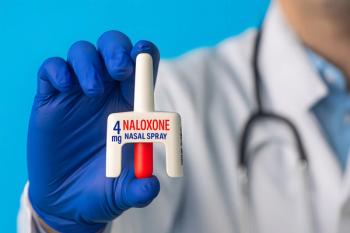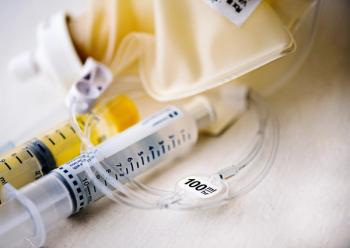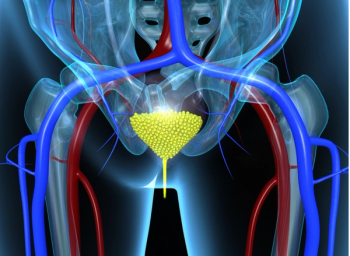
Pharmacists secure patient safety by suggesting naloxone with opioid medications based on the MME thresholds, comedications, risk factors, and state regulations.

Pharmacists secure patient safety by suggesting naloxone with opioid medications based on the MME thresholds, comedications, risk factors, and state regulations.

The initiative will provide information about care models for specialists and clinical teams to improve patient outcomes in heart failure.

Pharmacists ensure responsible antibiotic use, combating resistance through tailored therapies.

Pharmacists play a vital role in cancer prevention and early detection by educating patients on risk factors, counseling on screening guidelines, and promoting adherence to evidence-based recommendations for common cancers, such as breast, cervical, colorectal, lung, prostate, and skin cancer.

Lisocabtagene maraleucel chimeric antigen receptor T-cell therapy significantly enhances treatment of relapsed/refractory B-cell malignancies, offering high response rates and durable remissions.

Recent studies suggest limited benefit post-myocardial infarction for patients with preserved heart function, prompting potential updates to treatment guidelines and reconsideration of long-term use.

The BLING III trial investigated continuous vs intermittent β-lactam antibiotic infusions in critically ill patients with sepsis, finding no significant difference in 90-day mortality but suggesting potential benefits in clinical cure rates.

A pharmacist-led transitions of care program reduced chronic obstructive pulmonary disease readmissions by implementing guideline-based inhaler prescribing and addressing medication adherence barriers, decreasing 30-day readmission rates.

The disease is complex, but many opportunities exist for pharmacist intervention.

The ease of administration with new agents for schizophrenia via an injection is advantageous because this patient population is commonly agitated and difficult to administer oral medications to.

The incidence of vancomycin-resistant enterococci has nearly doubled in recent years.

Pharmacists need to ensure anticoagulants are held appropriately before and after surgery to prevent complications from for CIED infections.

Biomarkers are commonly used by physicians to assist in the earlier diagnosis of some of the most common fungal diseases.

The combination of loop diuretics with other drugs that act at different pharmacologic targets has been shown to improve diuretic response in patients with heart failure.